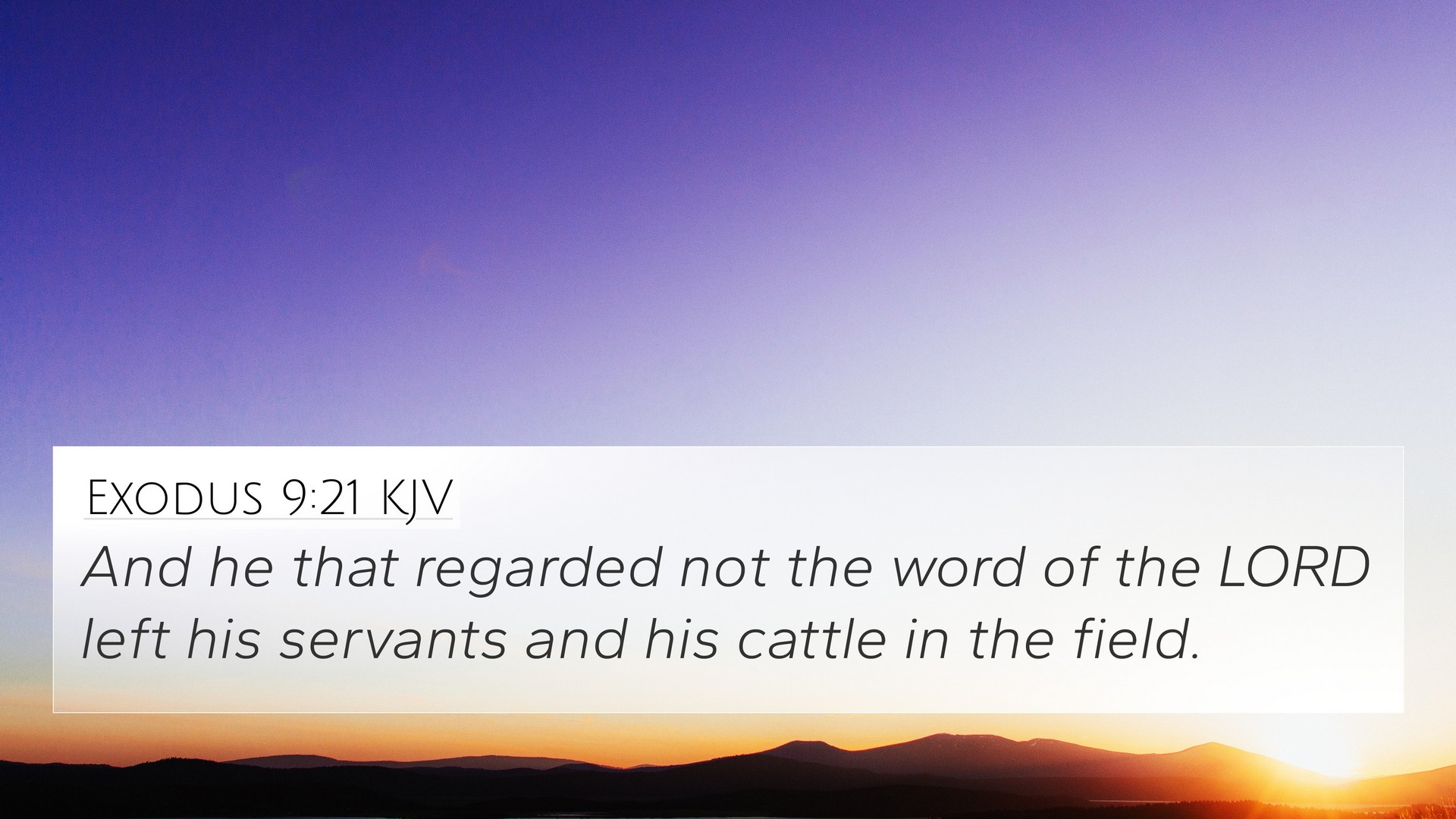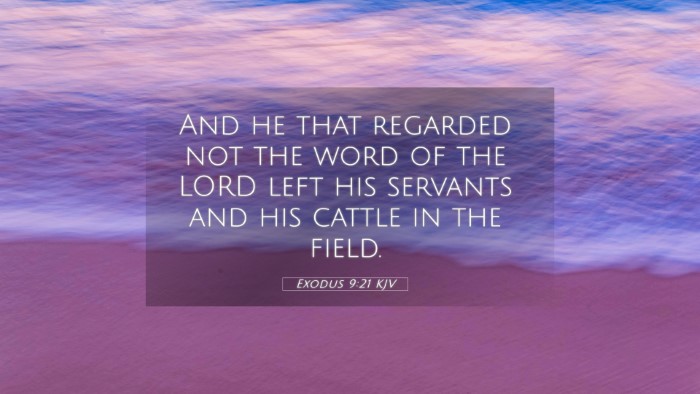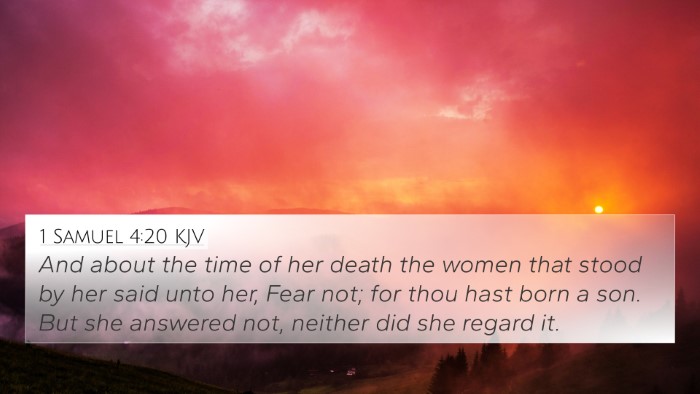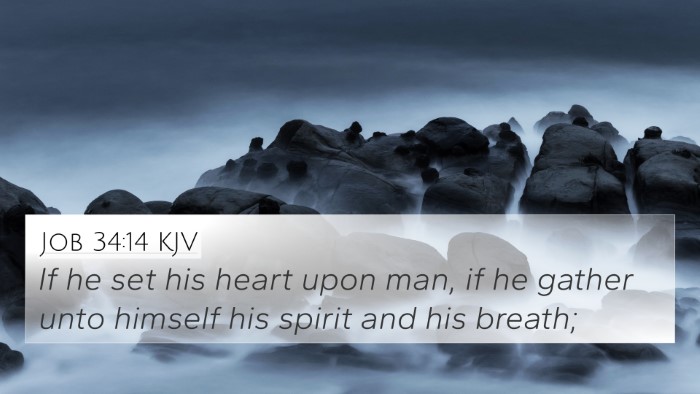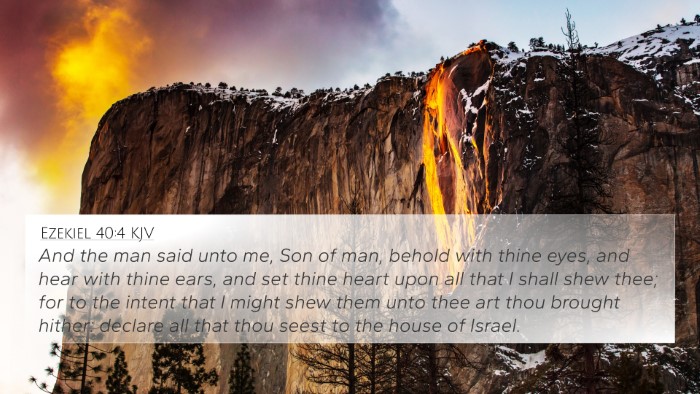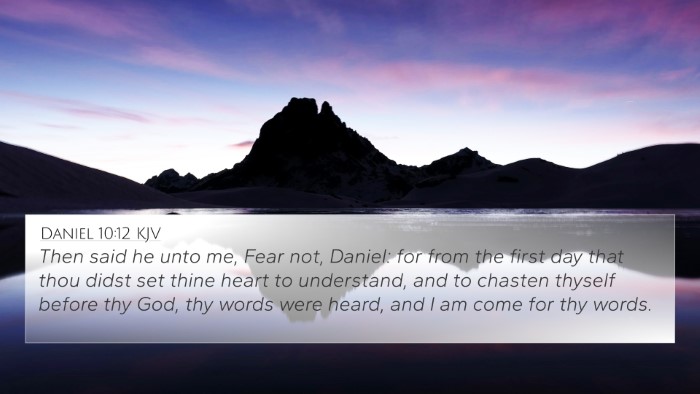Understanding Exodus 9:21
Exodus 9:21 states: "And he that regarded not the word of the LORD left his servants and his cattle in the field."
Summary of the Verse
This verse illustrates the consequences of ignoring God's command during the plague of hail in Egypt. Those who paid no heed to God's warning faced severe repercussions, highlighting the importance of obedience to divine instruction.
Commentary Insights
Matthew Henry's Commentary
Matthew Henry emphasizes the folly of those who disregarded God’s word. He points out the distinction between those who listened to God's message and those who persisted in their rebellion. The servants and livestock left unprotected were at the mercy of the impending disaster, signifying a lack of preparation and faith. The verse serves as a warning that disobedience leads to destruction.
Albert Barnes' Notes
Albert Barnes connects this verse to the broader theme of judgment and mercy throughout Exodus, explaining that the Egyptians had opportunities to repent but chose to ignore divine hints. The phrase 'regarded not' indicates a conscious decision to reject God's warning, which ultimately resulted in significant losses. Barnes discusses the role of faith in taking God at His word, underscoring the grave consequences of neglecting it.
Adam Clarke's Commentary
Adam Clarke expands on the concept of obedience as key to survival in this passage. He notes that the hailstorm was a chance for Egyptians to recognize the power of the Almighty God, which many failed to do. Clarke highlights the metaphorical implications of 'letting one's cattle remain in the field' as an illustration of the spiritual negligence that leads to suffering. The lack of regard for God’s word correlates with spiritual blindness and ignorance.
Key Thematic Connections
This verse prompts reflection on various Biblical themes and encourages readers to find cross-references to grasp its full meaning. Here are several verses that correlate with Exodus 9:21:
- Hebrews 3:15 - "While it is said, Today if you will hear his voice, harden not your hearts, as in the provocation."
- Proverbs 1:24-26 - "Because I have called, and you refused; I have stretched out my hand, and no man regarded;..."
- Psalm 119:4 - "Thou hast commanded us to keep thy precepts diligently."
- James 1:22 - "But be ye doers of the word, and not hearers only, deceiving your own selves."
- Romans 2:5 - "But after thy hardness and impenitent heart treasurest up unto thyself wrath against the day of wrath and revelation of the righteous judgment of God."
- Matthew 7:24 - "Therefore whosoever heareth these sayings of mine and doeth them, I will liken him unto a wise man, which built his house upon a rock."
- Isaiah 30:9 - "That this is a rebellious people, lying children, children that will not hear the law of the LORD."
Exploring Connections Between Bible Verses
This verse serves as an excellent case for cross-referencing Biblical texts. Here are some ways that scholars and readers can engage with the text:
- Understanding the Severity of Judgment: Comparative analysis of God’s judgment in Exodus with other instances of divine retribution.
- Faith and Obedience: Investigating how obedience is presented throughout scripture, particularly in both the Old and New Testaments.
- The Recesses of Rebellion: Identifying how the theme of rebellion against God’s word appears in the narratives of the prophets.
- Lessons in Preparedness: Drawing parallels to parables of preparedness, such as the wise and foolish builders.
The Importance of Bible Cross-Referencing
Using tools for Bible cross-referencing, such as a Bible concordance or Bible cross-reference guide, can enhance one’s understanding of scripture. These resources help uncover deeper meanings through comparative Bible verse analysis and identify thematic connections between different books of the Bible.
Conclusion
Exodus 9:21 serves not only as a historical narrative but as a significant lesson for modern readers about the importance of heeding God's word. By exploring the rich tapestry of scripture through cross-referencing, individuals can gain a holistic understanding of God’s expectations and the consequences of neglecting His guidance.
